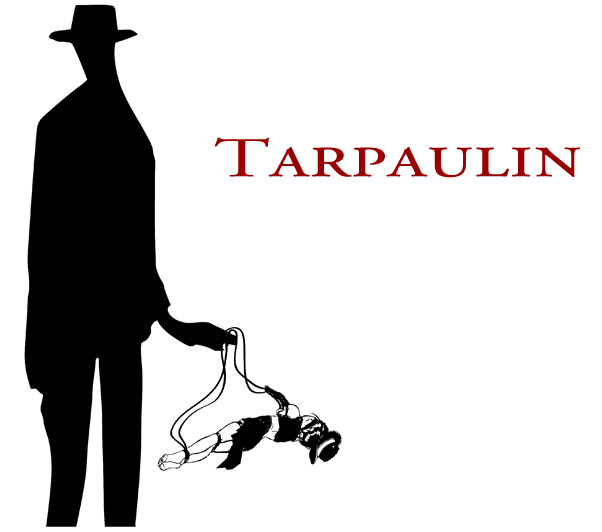DIAGRAM Issue 11.5 includes an intelligent and thorough engagement with Jenny Boully's not merely because of the unknown that was stalking toward them. Here's a snippet:
unlike in Book of Beginnings and Endings and "The Body," the idea of text in Not Merely Because of the Unknown that was Stalking Toward Them is not being erased. Instead, conventions are being uprooted, turned upside down. Boully establishes complex characters inconsistent in their observations, unfaithful in their desires, untraceable in their animation, unknowable in their thoughts. All of this "unning" undoes the traditional gesture in fiction where the primary character's desire is clearly understood. Boully goes underground to root out the darker desires.
The book is divided by a horizontal line that moves around but usually appears in the middle of the page. One might read what's underneath the like as one does David Foster Wallace's footnotes, all at once. Or, one might read them as they do in Boully's essay, "The Body," and read nothing but the footnotes. But when I started to read them as individual poems, my reading of the book became clear and the premises apparent. . . .
Peter's love of power, his deviousness, his lasciviousness, appear in the original text but it's not until Boully digs them out from the underground, from the subtext of Barrie's work that those characteristics seem so cruel. What does it mean, to say to a woman, never grow up? Is there any curse worse for a woman to grow old? Old is alone.
When you imagine Wendy, you must imagine her at her most lonely. She's twelve, then fourteen, then sixteen, then married. She'll leave the window open; she'll wear the same nightgown; she'll keep whispering stories, stories out the crack of the window, through keyholes, through fissures in the ground. Whenever she hears a twig snap or the fluttering wings of moths, she'll think that Peter's back, but he's never back, at least not for her (6).
[READ THE FULL REVIEW AT DIAGRAM]Via Examiner, Lisa M. Cole also dives deeply, and smartly, into Berrie's and Boully's divergent approaches to the "same" characters. Writes Cole:
The novel Peter Pan has many troubling aspects when viewed through today’s modern lens. It is often sexist, and too preoccupied with etiquette. Also, rather than being charming, Peter often comes off as too cocky, and Wendy too eager to fit into her predetermined gender role. However, there were a few interesting things about the story, despite these objections. Take, for example, the severe blurring of roles in the relationship between Peter and Wendy. Are they lovers? Are they mother and son? Are they siblings? This quandary is the emotional center of Boully’s book. As she retells the story of Peter and Wendy, she focuses on the universal theme of unrequited love. The supposedly whimsical and light children’s story transforms into something much more mature, much darker, as Wendy’s feelings of abandonment are at center stage. Most people have felt the sting of rejection that Wendy feels when Peter does not reciprocate her feelings for him. The fact that the audience can so readily empathize with Wendy’s character is part of what makes Boully’s book so haunting, and so intense an experience. . . .
This retelling is valuable because by bringing the true darkness of the story to the forefront, Boully’s text is not masquerading as something it is not, which is a problem identified in the original. It is not often that a response to a literary work is more successful than the original work, but that is certainly the case with Not Merely Because of the Unknown That Was Stalking Toward Them.
[READ THE FULL REVIEW AT EXAMINER]Buy Jenny Boully's not merely because of the unknown that was stalking toward them directly from Tarpaulin Sky Press and save about $6 off the Amazon price.





